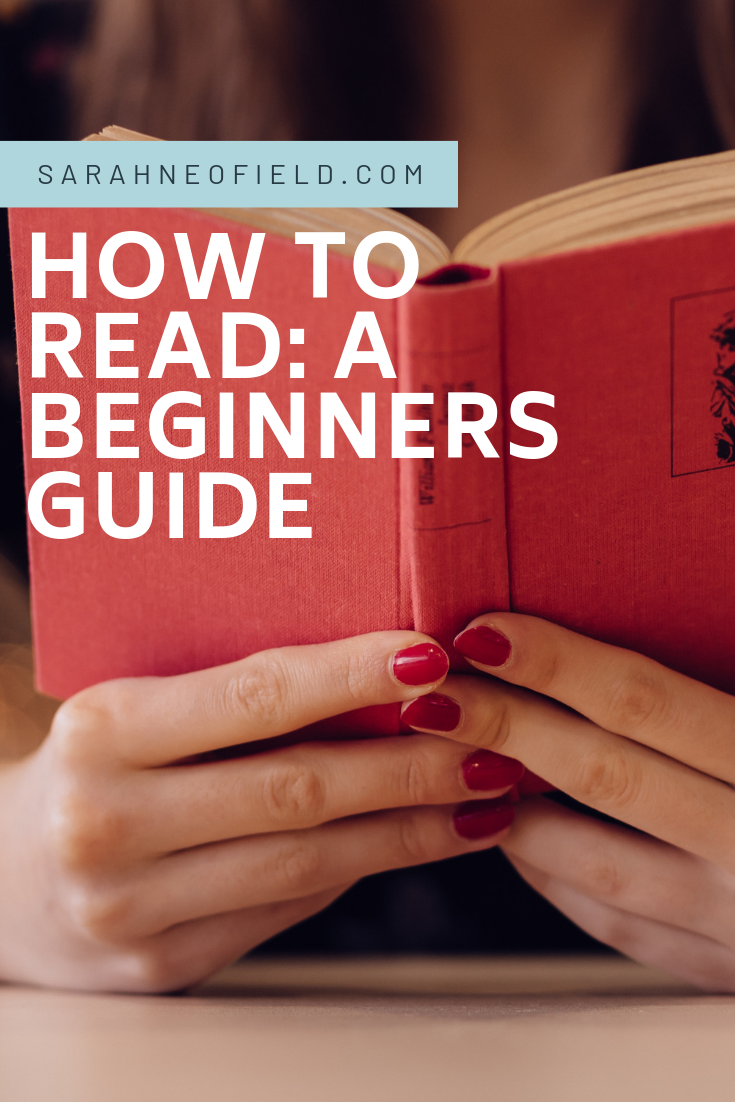A few years back, I purchased a book called “How to Read a Book” by Mortimer J. Adler and Charles Van Doren. It was originally published in 1940, and is described as a “living classic” on the blurb. Yet it fails in one key aspect – How does one learn how to read THIS book? Or, indeed, to select a book like “How to Read a Book” in the first place?
Clearly, this “classic guide to intelligent reading” is, just like the cookbook “How to Boil Water” I reviewed here some time ago, more advanced than it lets on.
So, please, allow me to offer a few modest suggestions on the topic of
HOW TO READ A BOOK *
*You will require the skills to read a blog in order to understand this guide. If you would like to request a post on how to read a blog, please join my mailing list, and I’ll be sure to let you know of any updates.
Let’s begin with a few questions and answers:
Q: Does one open the book first?
A: Yes, I if you wish. You may glance at the cover – look at the image, read the title etc. A general guide, however is as follows:
- Does the cover depict a half- or un-shirted man?
- Does the cover depict a half- or un-shirted woman?
- Does the cover depict a dinosaur?
- Does the cover depict a badly drawn UFO?
- Does the cover image feature a still-shot from a Hollywood movie?
- Is the cover text written in Courier New?
If you answered yes to more of the above, chances are, you should not read it.*
* Unless you want to. What do you care what I think? Besides, who is to say that this wouldn’t be the awesomest book ever?

(Think you can design a WORSE book cover? Send me your efforts on Twitter or Instagram for your chance to be featured in an upcoming post! – original designs only please, let’s not shame other authors/designers trying their best!)
Q: Does one read the back?
A: An excellent question. I try not to read the blurb of books, preferring instead to start reading the first few pages.
If you had the choice of trying a chocolate bar in the shop before deciding to purchase, or reading the package, which would you select?
A Cadbury Twirl, for example, reads:
“Swirls and Curls of Cadbury Dairy Milk chocolate”.
This gives you far less of an idea of if you will enjoy the chocolate than eating the damn thing would.
BEWARE: If you have specific food requirements, you probably should read the package first. Allergic reactions and so forth may be a surprising twist, but are generally not the kind of ending you want.
In the case of a book, the blurb will rarely give you an idea of how much you will enjoy the writing style (because: spoiler alert: it’s not usually written by the author). Instead, what it will give you an idea of is the plot. And it may well ruin it for you.
Now, start reading!
